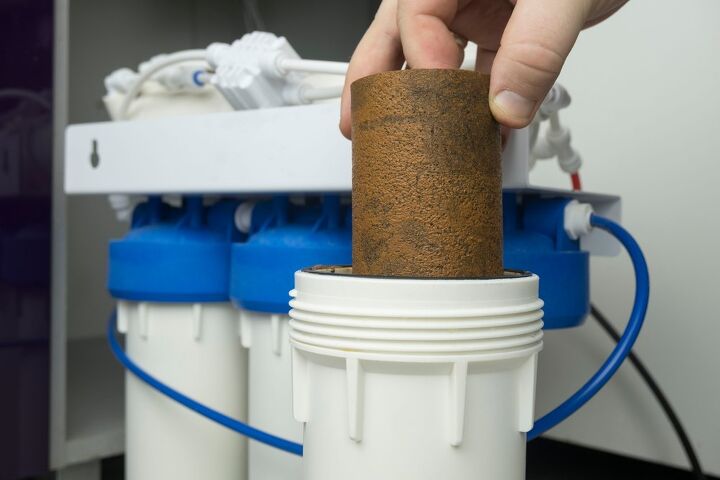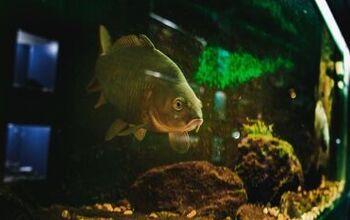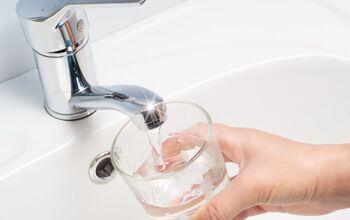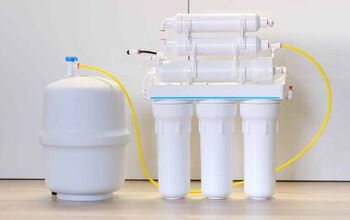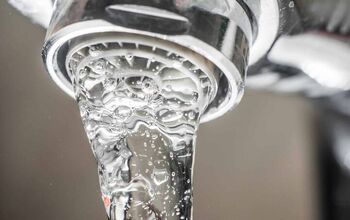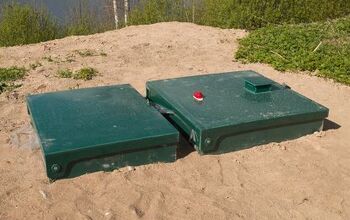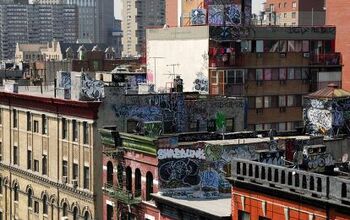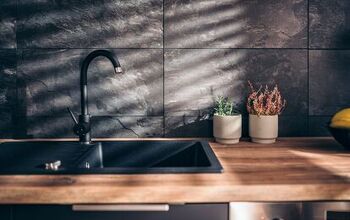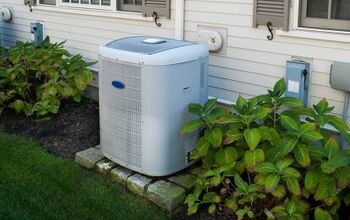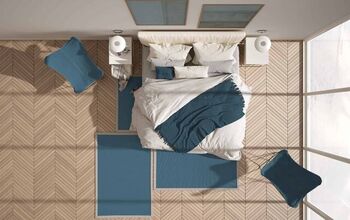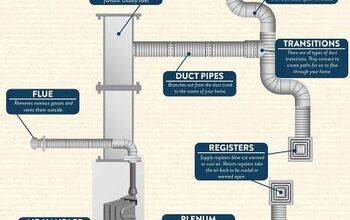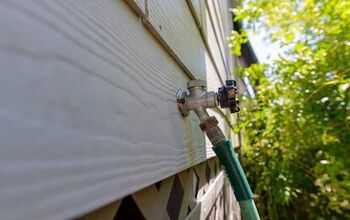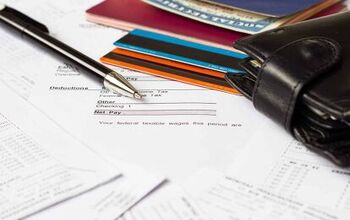How Much Does a Water Filtration System Cost?

What kind of water do you often drink at home? Many homeowners spend the extra dollars to purchase a bulk supply of bottled water at the supermarket. Others order purified water from local businesses to guarantee that they can rehydrate their bodies without being exposed to potential contaminants.
Continually purchasing bottled water from the supermarket or purified water from local businesses is an option. However, you can save money long-term if you have access to a steady supply of clean drinking water at home. To produce your supply of clean drinking water, you will need to install a filtration system.
The average installation cost for a whole house filtration system is $1,800. $400 of that total will go towards paying professionals to connect the filtration system to fixtures and water lines. You can also scale down and choose a more targeted system. Smaller filtration systems designed to provide clean water cost an average of $350.
Installing a home filtration system ensures that you will have easy access to clean water whenever you need it. Find out exactly how much that new filtration system will cost you by continuing with the rest of this article.
Need a Water Treatment and Purification System Installed or Replaced?
Get free, zero-commitment quotes from pro contractors near you.

Cost of Water Filtration System by Type
| Type of Water Filtration System | Cost |
| Carbon Filter System | $400 |
| Chemical Injector System | $1,100 |
| Distiller | $500 |
| Ionization System | $1,500 |
| Reverse Osmosis System | $2,300 |
| UV Disinfection System | $2,000 |
The water entering your home can be filtered in a variety of ways. The type of filtration you ultimately choose is going to have a significant impact on the overall cost of your system.
Homeowners must know that they cannot always select their first choice filtration system. Because of the water quality in your area, your options might be limited in terms of which systems you can install.
There may also be rules and regulations in your area that dictate which whole house filtration systems are allowed. Remember to consult with your local officials before you proceed with installing any system.
Carbon Filter System
Carbon filter systems are very common in households across the country. It’s easy to see why since you can get that kind of system installed for $400. They are among the most budget-friendly options available.
You can rely on carbon filters if your water is often full of sediment and small debris. They also excel at removing organic chemicals in the water.
If your water is contaminated with iron and nitrates, carbon filters will not be enough. You will have to use other filters too.
Another downside to using carbon filters is that they have to be replaced often. The carbon filters should be replaced after every six months if you want the processed water to remain clean.
Chemical Injector System
Next up, you can install a whole house chemical injector system for the price of $1,100. Chemical injector systems take a unique approach to cleaning water.
These systems use small amounts of chemicals to clean the water. Chlorine and hydrogen peroxide are the chemicals most often used. A chemical injector system is going to work well if you need to purify well water or rainwater.
Still, not all homeowners are cool with the idea of using chemical injector systems. Since many homeowners don’t want chemicals in the water, the concept of voluntarily adding chlorine or hydrogen peroxide is off-putting to them.
Distiller
Homeowners seeking a budget-friendly way to have clean water at home may be interested in using a distiller. It’s not quite as cheap as a carbon filter system, but it comes close at $500.
Water distillers rely on heat and condensation to provide you with clean water. The water that enters your home is first boiled so only the pollutants are left behind. The water vapor is then collected and cooled until it becomes clean water.
You should know that distilling your water can cause it to taste differently. Distillers also have a hard time removing some organic compounds that float around in the water.
Ionization System
To install an ionization system that will filter your water, you will have to pay $1,500. So, is it worth that price tag?
Proponents of water ionizers claim that they are better than most filtration systems because they provide healthy alkaline water. However, numerous studies have cast plenty of doubt upon those claims.
You can still find more than a few retailers of water ionizers if you want to give alkaline water a try. From a value standpoint, though, you can argue that other systems are better purchases.
Reverse Osmosis System
Reverse osmosis filtration systems have become among the top purchases for homeowners who want clean drinking water. That remains the case even though installing a reverse osmosis system can cost up to $2,300.
A reverse osmosis system relies on pressure and a semi-permeable membrane to clean the water entering your home. The pressure is responsible for pushing the water through the membrane. Meanwhile, the membrane ensures that only clean water passes through.
There are two main downsides to using a reverse osmosis system. First is the fact that their membranes need to be replaced regularly. On top of that, these filtration systems also tend to waste a lot of water.
UV Disinfection System
Last up, we have the UV disinfection systems. You can get this kind of filtration system installed in your home for $2,000.
As you’ve probably guessed, a UV disinfection system relies on ultraviolet light to clean the water. That ultraviolet is great for eliminating microorganisms.
The problem is that ultraviolet light cannot do much against heavy metals, chemicals, and sediment. Those contaminants will still be in your water if you rely solely on a UV disinfection system.
Cost of Water Filtration System by Setup
| Water Filtration System Setup | Cost |
| Countertop | $200 |
| Faucet-Mounted | $75 |
| Gravity Drip | $450 |
| Pitcher | $60 |
| Under-Sink | $250 |
You don’t always have to go for the whole house filtration system. If your household’s water supply demands are relatively modest, you can install a more targeted filter. These are also known as point-of-use filters.
Those point-of-use filtration systems cannot produce large volumes of water quickly. On the plus side, they are more affordable and easier to maintain.
Point-of-use filtration systems can be installed across different parts of your home. Let’s learn more about the targeted systems below.
Countertop Filtration System
Countertop filtration systems cost an average of $200. They are pretty convenient as far as water filtration systems go.
To use a countertop filter, you typically have to install its diverter valve directly onto your faucet. Once you open the faucet, the water will enter the countertop filter to get processed.
The degree to which the water is cleaned will depend on what kind of system you have. Single-stage countertop filters will suffice if you’re mostly worried about sediment and debris. Multi-stage countertop filters are recommended if the water quality in your area is poor.
You can also move countertop filtration systems around if need be. That should come in handy if a faucet or water line needs to be repaired.
Faucet-Mounted Filtration System
A faucet-mounted filtration system is a great choice for homeowners who want something affordable and portable. After all, it only costs $75 to install.
As for portability, homeowners like faucet-mounted filters because they don’t take up any counter space. They make a ton of sense if your kitchen is on the smaller side.
Faucet-mounted filters can also last for a while. The issue is that their ability to filter water gets worse as they grow older. The water coming out of your faucet will slow down noticeably the longer the filter stays on.
Also, you should know that faucet-mounted filters aren’t compatible with all types of filters. Check the label to ensure that the filter will work with the faucet you have at home.
Gravity Drip Filtration System
Gravity drip filters can be expensive at $450 each, but they offer a simple way for households to get clean water. You just add the water to the appliance and let it work. There’s no need to connect it to a water line or to plug it in.
The problem with gravity drip filters is that they tend to work slowly. It may take hours to process the water you poured in and that can be a real issue. If you forgot to load the machine ahead of time, you may be stuck with no clean drinking water.
Pitcher Filtration System
If the gravity drip filter is still too much trouble for you, consider picking up a pitcher filter. At $60 each, pitcher filters are also quite inexpensive.
With pitcher filters, you just fill the pitcher up with water and then pour its contents into a glass. It’s easy and convenient to use. Filtration times do vary for each model so keep an eye out for that.
The filters themselves also need to be replaced often. They usually only last for two months. Long-term, you may be better off investing in a filtration system that has a higher capacity.
Under-Sink Filtration System
Under-sink filtration systems are more elaborate versions of the faucet-mounted systems. They don’t get in your way at all since they are meant to be installed in a concealed location. You can get an under-sink filtration system installed for $250.
To be clear, you do need to hire a professional to install an under-sink filtration system. It has to be connected to the water line so professional installation is required,
Both single-stage and multi-stage under-sink filtration systems are available. Multi-stage under-sink filters process the water better, but they also cost more.
Cost of Filtration System by Size
Size is an essential consideration when choosing a water filtration system because it affects pricing and capacity. Whole house filtration systems are expensive and they cost an average of $1,800 to install. Point-of-use filtration systems are way more affordable as a new unit usually costs $350.
So, which type of filtration system is going to be the better fit for your household? That’s going to depend on the water supply needs of your household.
If you have a big family, you should probably save for the whole house system instead of cycling through point-of-use systems. Whole house filtration systems are more cost-effective due to their capacity and longevity. Whatever savings you would have received from the point-of-use systems could have been nullified by the constant need to replace them.
Labor Cost to Install Water Filtration System
| Estimate Type | Cost |
| Low-End Estimate | $250 |
| Mid-Range Estimate | $400 |
| High-End Estimate | $700 |
Some water filtration systems don’t require professional installation, but most do. Labor costs for the installation of a point-of-use filtration system usually reach $250. Getting a whole house filtration system professionally installed is more expensive as it may cost up to $700.
The only point-of-use systems that need to be installed are the faucet-mounted and under-sink systems. If you want to avoid labor costs, you can just go with the other point-of-use filters.
Installation is inevitable if you’re going with a whole house filtration system. They need to be properly connected to your water supply lines if you want them to work as intended.
Note that disposal units may be required to install some whole house systems. Take that into consideration as well when thinking of which system you want inside your home.
DIY vs. Professional Installation
Do you need to hire a plumber to install your new water filtration system? Your answer to that question will depend on what kind of system you’re planning to install.
Professional assistance is pretty much a requirement if you want a whole house filtration system installed. You don’t want to mess with water lines and fixtures unsupervised. Make a mistake there and you could wind up saddled with large repair bills.
Paying for professional installation may not be your first choice, but it beats the alternative. You don’t have to worry about hiring professionals if you’re opting for certain point-of-use filters.
Need a Water Treatment and Purification System Installed or Replaced?
Get free, zero-commitment quotes from pro contractors near you.

Related Questions
How Much Will Maintaining a Filtration System Cost?
Maintenance costs for a whole house filtration system can run up to $200 per year. That high cost is due to the complexity of your filtration system and the replacement components needed.If you’re using a point-of-use filtration system, you typically only have to worry about replacing the filter. The only maintenance-related expense you’ll have to take on is the cost of the replacement filter itself.
Is a Water Filtration System Worth It?
It’s hard to argue that having a water filtration system at home is not worth it. Just consider the benefits and you’ll quickly realize how helpful it can be.From a financial standpoint, you won’t have to buy bottled water again as long as your filter is functional. Given how pricey bottled water can be, that’s a big deal. On top of that, you won’t have to drive to the store anymore whenever you need water.You can also cut down the amount of waste your household produces by using a filtration system. The only items you’ll need to throw out are the worn-down filters.
Do Water Filtration Systems Increase Home Value?
Yes, installing a water filtration system can increase the value of your home. However, you will need a whole house filtration system if you want the best return on your investment. Dollar for dollar, water filtration systems can even be considered among the most cost-effective upgrades.
Related Guides

Gary Evans is passionate about home improvement. He loves finding out how to make improvements in the easiest, most practical, and most affordable ways. Upgrading his home kitchen is one of his ongoing hobbies. Gary is also a long-time content creator and enjoys spending his free time tending to his hydroponic vegetable garden.
More by Gary Evans



